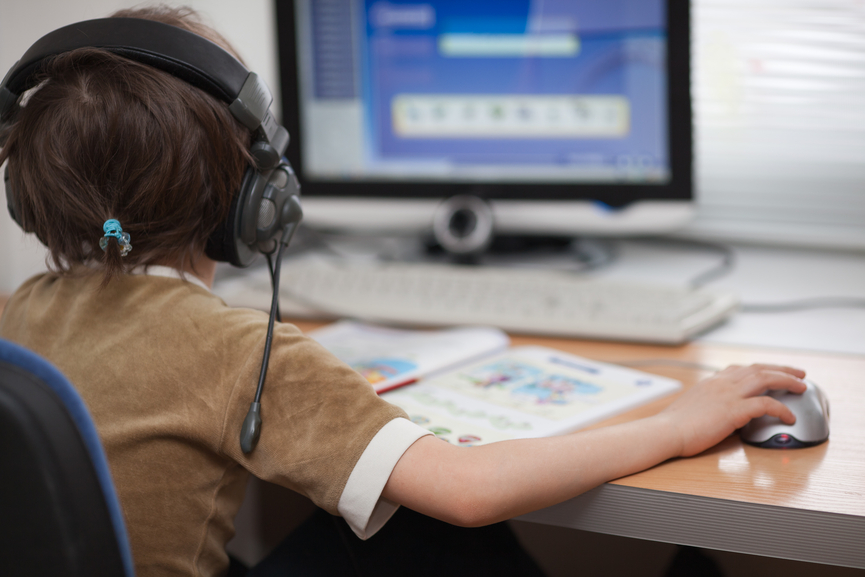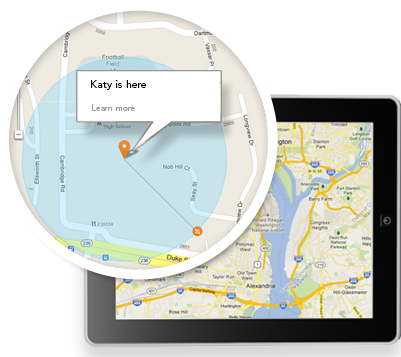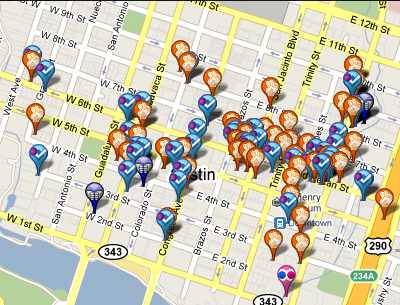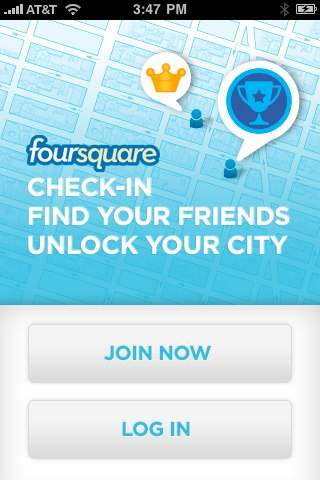In today’s world, having a cell phone is not just a convenience for adults. Parents of pre-teen and teenage children should consider buying cell phones for their kids. Far from being something to make the kids happy, those cell phones can also be a powerful tool for effective parenting. Consider these five examples of how a cell phone for your child will provide protection and also help you keep up with what your kid is doing.
Getting a Ride Home
While you don’t like to think about it, kids can find themselves in all sorts of situations, some of them not of their own doing. Perhaps your child was out with friends when some activities got underway that he or she did not want to be involved with. The trouble is that your child needs a ride home. If you have provided the child with a cell phone, all that it will take is a quick call to you or another trusted adult, and someone will be on the way to retrieve your child in no time.











.jpg)







